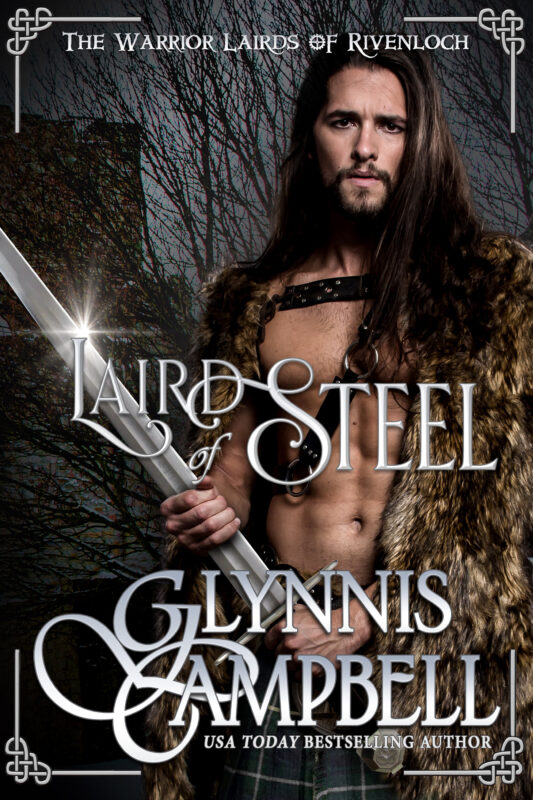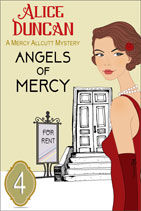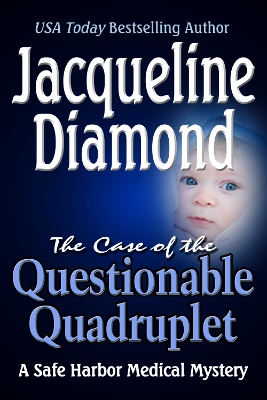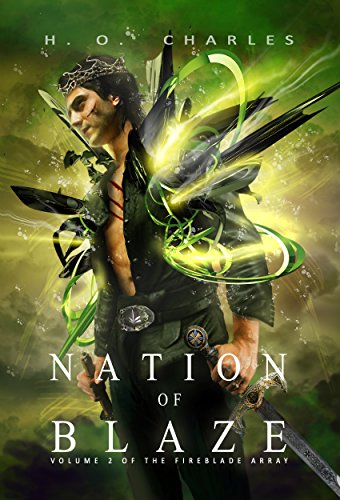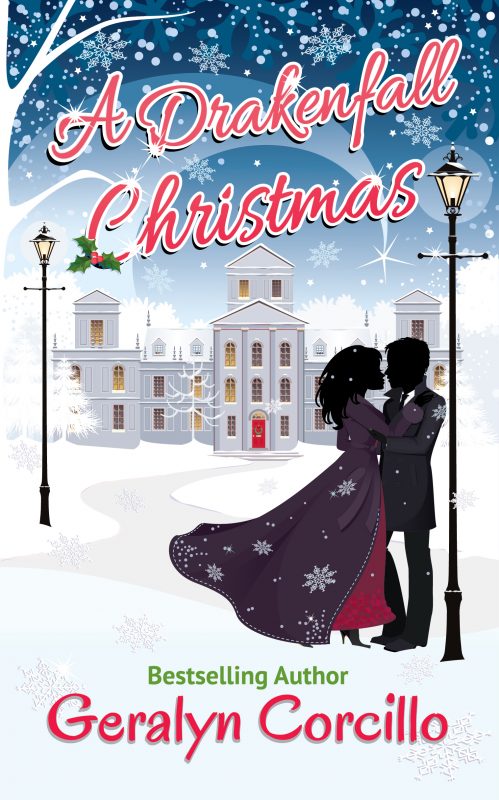Our Next OCC Meeting
February 6, 2013 by Linda O. Johnston in category Pets, Romance & Lots of Suspense by Linda O. Johnston tagged as cozy mysteries, goodreads, Harlequin Nocturne, Linda O. Johnston, PAW, Pet Rescue Mysteries Our February OCC meeting is next Saturday. I’m really looking forward to it–as usual. But my reasons are a little different from why I’m usually filled with anticipation.
Our February OCC meeting is next Saturday. I’m really looking forward to it–as usual. But my reasons are a little different from why I’m usually filled with anticipation.
First, there’ll be a drawing for me to provide a critique of someone’s first chapter. I always enjoy doing things like that–contributing a little bit, I hope, to encouraging someone to keep on writing.
And then there’s our program. Our all-day speaker is Patrick Brown, the Author Program Manager for Goodreads, and he will be talking about how to promote your wok on Goodreads. I need that! I’ve been a member of Goodreads for a while but haven’t adequately utilized it. I did give one book away on Goodreads once, and I receive emails on updates about people who’ve friended me on Goodreads, but I know that there are a lot of aspects of the site that I’ve never used, or have used incorrectly.
 Yes, I’m one of those people who use social media, but only a few things like a page on Facebook–the “friend†kind, not the “like†kind. I blog a lot, weekly on Killer Hobbies and monthly here at A Slice of Orange. This month, I’m also starting to blog on the 18th of each month at Killer Characters–or at least my characters are. Plus, I’m currently doing a lot of guest blogs to help promote my two new releases. And I post now and then on a wonderful blog that’s run by some delightful and talented OCC members: Writers In The Storm.
Yes, I’m one of those people who use social media, but only a few things like a page on Facebook–the “friend†kind, not the “like†kind. I blog a lot, weekly on Killer Hobbies and monthly here at A Slice of Orange. This month, I’m also starting to blog on the 18th of each month at Killer Characters–or at least my characters are. Plus, I’m currently doing a lot of guest blogs to help promote my two new releases. And I post now and then on a wonderful blog that’s run by some delightful and talented OCC members: Writers In The Storm.
But I don’t tweet, since I’m sure I’d spend too much time on Twitter. Goodreads, if I knew how to use it better, might be another good resource, though, so I’m really looking forward to learning more.
How about you? Do you participate in Goodreads? Will you be at this month’s meeting?
By the way, there won’t be a PAW meeting this month, and I usually look forward to them a lot, too. But there’s always March…
Calls for Submissions: Turning up the Heat!
January 31, 2013 by A Slice of Orange in category Archives tagged as Bethlehem Writers Roundtable, Calls for Submissions, Cowboy Heat, Louisa Bacio, OCC/RWA, Writer's Success Stories
COWBOY HEAT

February Online Class: Plot Fixer
January 26, 2013 by A Slice of Orange in category Archives tagged as Kara Lennox, OCCRWA Online Class, Plot Fixer, writing tipsPlot Fixer: Fixing Your Story Problems
- A premise that isn’t compelling enough (includes discussion of “high concept”)
- the cute meet that goes nowhere
- starting in the wrong place
- lack of clear-cut goals for your characters
- weak conflict
- too many conflicts
- stakes are too low
- the plot moves too slowly
- the dreaded saggy middle
- plot moves too fast;
- plot is too predictable
- episodic plots
- plots that rely on convenience, coincidence and contrivance
- the drama doesn’t build
- loss of focus
- weak black moment
- unsatisfying ending
 Kara Lennox, a.k.a. Karen Leabo, is the award- winning, bestselling author of more than sixty novels of romance and romantic suspense for Harlequin and Bantam/ Random House. Currently she is working on the next installment of her romantic suspense series, Project Justice, published by Harlequin Superromance. Also, several of her classic Bantam Loveswept novels (writing as Karen Leabo) have been re-released in e-book form by Random House, with more scheduled for next year.
Kara Lennox, a.k.a. Karen Leabo, is the award- winning, bestselling author of more than sixty novels of romance and romantic suspense for Harlequin and Bantam/ Random House. Currently she is working on the next installment of her romantic suspense series, Project Justice, published by Harlequin Superromance. Also, several of her classic Bantam Loveswept novels (writing as Karen Leabo) have been re-released in e-book form by Random House, with more scheduled for next year.New Language
January 24, 2013 by A Slice of Orange in category Archives tagged as technologyI was thinking I should learn a new language.
You know what they say, keep the mind active, learning, getting exercised. Maybe Spanish? My year of Spanish in 8th grade was a hazy memory, and learning Spanish through the advertisements on the New York Subway had not been a successful foray in effective communication….
Cucarachas? Mandelos a un Motel!
Not the best way to win friends and influence people (unless, of course, they are Spanish speaking cockroaches).
But then as I struggled with vocabulary words, grammar and syntax, I realized I was already in the middle of learning a new language: Tech.
When people (of a certain age) say they find technology confusing, daunting, that they’re not good at it, I don’t think they’ve taken on board that Tech is a new language. Would you expect to be able to speak a new language fluently after an hour’s class?
I didn’t think so.
If anyone complained that even after many hours of learning French they were unable to read a novel, watch TV, or that they were unable to speak quickly and fluently, articulating their every nuanced point, most people would think: Huh? It takes more than a few hours to become fluent in a new language!
This point is not to discourage non techfluent types, but just a request that everyone realign their self expectations to a more reasonable level. To stop beating up on themselves because they are harboring absurdly high expectations of fluency, and appreciate learning tech, like learning a new language, is a process.
And the language metaphor doesn’t stop there. As countless childhood development research statistics have indicated, when we are young, our ability to acquire new languages is remarkable. Thus everyone that has grown up learning the language of Tech has internalized it fairly effortlessly.
I can recall my horror and distress when I came across my first French child, a six year old, and I could not fathom how it could have learned French so well at the age of six, when I was still struggling at the age of 21 after years of classes.
Thus many of those that have grown up speaking Tech and are now explaining it to you may find your struggles incomprehensible. It’s easy. It’s natural. It’s intuitive. It’s obvious. Sure different dialects (games, new programs, operating systems, upgrades) can present a challenge, but for many, the challenge is fun to overcome. Just like people enjoy learning new languages, or new vocabularies, or new accents and idioms. But it’s often not so easy for a non-native speaker.
And as it’s a new language, it is constantly changing, adding new words, sprouting new dialects right and left, even the basics changing and morphing to fit this brave new world. It is going to take all my efforts to build my vocabulary and figure out how to effectively communicate and make myself understood.
Parlez-vous tech?
Oui! Un petit peu….
IF WE WRITE THEM, WILL THEY READ
January 19, 2013 by A Slice of Orange in category Archives tagged as adult romance, maturity, Mona Karel, romance, Second Time AroundMonica Stoner, Member at Large
Fact is, romance doesn’t die at any one specific age though to peruse the Romance section of a book store one might draw the conclusion a heroine over thirty is also over that proverbial hill. At a time when publishing decisions were based on advice from people barely out of college, that might be understandable. But in this very brave and shiny new world of small presses and self publishing, why don’t we see more heroines, well, our age?
Could the lack of mature heroines be caused by habits and standards established in those earlier days of publishing (all of five or so years ago?) Or do we write what we believe people want to read? Do we worry if we were to write about people falling in love at the same time their arches are falling, we won’t find enough of an audience?
Remember the phrase “Love, like youth, is wasted on the young†from that lovely 1960 song “The Second Time Around?â€
Just as wonderful with both feet on the ground
It’s that second time you hear your love song sung
Makes you think, perhaps, that love like youth
Is wasted on the young…â€
Words by Sammy Cahn and Music by Jimmy Van Heusen
-Performed by Bing Crosby in the 1960 film “High Time”,
It’s an intriguing question. Right now the hot age group seems to be teens into twenties, and some of those books are extremely well written. Does this mean we should all be pounding out our own YA or MG books? I admire these authors but teens live in another universe with their very own language from me, and I sincerely doubt I could ever create a book in that genre. Having survived my teens, twenties, thirties, and beyond, I believe I could create a story about those young people many decades later.
What do you think? Is there a need for books about people whose libido didn’t dry up and blow away the day they bought their first pair of support hose?
Monica Stoner writes as Mona Karel in multiple sub genres.
Affiliate Links
A Slice of Orange is an affiliate with some of the booksellers listed on this website, including Barnes & Nobel, Books A Million, iBooks, Kobo, and Smashwords. This means A Slice of Orange may earn a small advertising fee from sales made through the links used on this website. There are reminders of these affiliate links on the pages for individual books.
Search A Slice of Orange
Find a Column
Archives
Featured Books
LAIRD OF STEEL
Gellir faces the one intrepid warrior he may not be able to conquer.
More info →ANGELS OF MERCY
It's a warm August morning in 1926 Los Angles . . .
More info →THE CASE OF THE QUESTIONABLE QUADRUPLET
A patient shares a puzzling secret with Dr. Darcy—and then someone kills her.
More info →A DRAKENFALL CHRISTMAS
At the English country estate Drakenfall, Christmas is topsy-turvy, romantic, and heartwarming!
More info →Newsletter
Contributing Authors
Search A Slice of Orange
Find a Column
Archives
Authors in the Bookstore
- A. E. Decker
- A. J. Scudiere
- A.J. Sidransky
- Abby Collette
- Alanna Lucus
- Albert Marrin
- Alice Duncan
- Alina K. Field
- Alison Green Myers
- Andi Lawrencovna
- Andrew C Raiford
- Angela Pryce
- Aviva Vaughn
- Barbara Ankrum
- Bethlehem Writers Group, LLC
- Carol L. Wright
- Celeste Barclay
- Christina Alexandra
- Christopher D. Ochs
- Claire Davon
- Claire Naden
- Courtnee Turner Hoyle
- Courtney Annicchiarico
- D. Lieber
- Daniel V. Meier Jr.
- Debra Dixon
- Debra H. Goldstein
- Debra Holland
- Dee Ann Palmer
- Denise M. Colby
- Diane Benefiel
- Diane Sismour
- Dianna Sinovic
- DT Krippene
- E.B. Dawson
- Emilie Dallaire
- Emily Brightwell
- Emily PW Murphy
- Fae Rowen
- Faith L. Justice
- Frances Amati
- Geralyn Corcillo
- Glynnis Campbell
- Greg Jolley
- H. O. Charles
- Jaclyn Roché
- Jacqueline Diamond
- Janet Lynn and Will Zeilinger
- Jeff Baird
- Jenna Barwin
- Jenne Kern
- Jennifer D. Bokal
- Jennifer Lyon
- Jerome W. McFadden
- Jill Piscitello
- Jina Bacarr
- Jo A. Hiestand
- Jodi Bogert
- Jolina Petersheim
- Jonathan Maberry
- Joy Allyson
- Judy Duarte
- Justin Murphy
- Justine Davis
- Kat Martin
- Kidd Wadsworth
- Kitty Bucholtz
- Kristy Tate
- Larry Deibert
- Larry Hamilton
- Laura Drake
- Laurie Stevens
- Leslie Knowles
- Li-Ying Lundquist
- Linda Carroll-Bradd
- Linda Lappin
- Linda McLaughlin
- Linda O. Johnston
- Lisa Preston
- Lolo Paige
- Loran Holt
- Lyssa Kay Adams
- Madeline Ash
- Margarita Engle
- Marguerite Quantaine
- Marianne H. Donley
- Mary Castillo
- Maureen Klovers
- Megan Haskell
- Melanie Waterbury
- Melisa Rivero
- Melissa Chambers
- Melodie Winawer
- Meriam Wilhelm
- Mikel J. Wilson
- Mindy Neff
- Monica McCabe
- Nancy Brashear
- Neetu Malik
- Nikki Prince
- Once Upon Anthologies
- Paula Gail Benson
- Penny Reid
- Peter Barbour
- Priscilla Oliveras
- R. H. Kohno
- Rachel Hailey
- Ralph Hieb
- Ramcy Diek
- Ransom Stephens
- Rebecca Forster
- Renae Wrich
- Roxy Matthews
- Ryder Hunte Clancy
- Sally Paradysz
- Sheila Colón-Bagley
- Simone de Muñoz
- Sophie Barnes
- Susan Squires
- T. D. Fox
- Tara C. Allred
- Tara Lain
- Tari Lynn Jewett
- Terri Osburn
- Tracy Reed
- Vera Jane Cook
- Vicki Crum
- Writing Something Romantic
Affiliate Links
A Slice of Orange is an affiliate with some of the booksellers listed on this website, including Barnes & Nobel, Books A Million, iBooks, Kobo, and Smashwords. This means A Slice of Orange may earn a small advertising fee from sales made through the links used on this website. There are reminders of these affiliate links on the pages for individual books.



